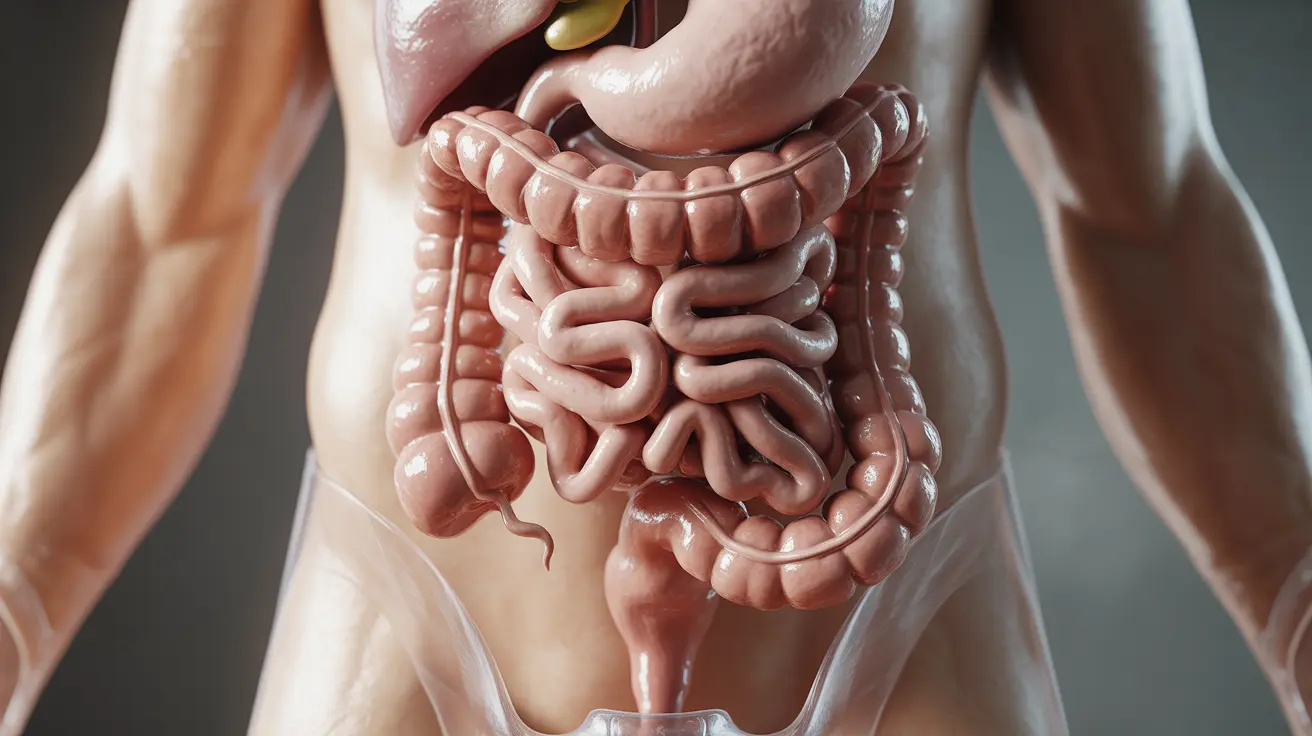A vasectomy is considered one of the most effective forms of permanent birth control for men. However, many couples wonder about the possibility of pregnancy after this procedure. Understanding the risks, timeline, and proper precautions is crucial for making informed family planning decisions.
While vasectomies are highly effective, with a success rate of over 99%, it's important to know that the procedure doesn't provide immediate contraception and that rare complications can occur. Let's explore the key aspects of pregnancy prevention and risks following a vasectomy.
Initial Recovery Period and Pregnancy Risk
Immediately following a vasectomy, pregnancy is still possible because sperm remains present in the reproductive tract. During this period, it's essential to understand that the procedure doesn't instantly eliminate all reproductive capabilities.
The residual sperm can survive in the vas deferens and other reproductive organs for several months after the procedure. This is why healthcare providers strongly emphasize the importance of continued contraception during the initial recovery period.
Testing and Confirmation of Sterility
Before discontinuing alternative forms of birth control, patients must undergo specific testing to confirm the procedure's success. This typically involves:
- Waiting 8-12 weeks after the procedure
- Providing semen samples for analysis
- Ensuring at least 20-25 ejaculations have occurred
- Receiving confirmation of zero sperm count from your healthcare provider
Only after receiving confirmation of a sperm-free semen analysis should couples consider the vasectomy fully effective.
Understanding Vasectomy Failure
While rare, vasectomy failures can occur due to several factors:
- Spontaneous recanalization (natural rejoining of the vas deferens)
- Incomplete surgical blockage
- Early resumption of sexual activity without backup contraception
- Surgical error during the procedure
Understanding these potential complications helps couples make informed decisions about their contraceptive choices and maintain appropriate vigilance.
Long-Term Considerations
Even years after a successful vasectomy, there remains a minimal but real risk of pregnancy. This is primarily due to the possibility of spontaneous recanalization, though this occurrence is extremely rare in properly performed procedures.
Regular medical check-ups and awareness of any unusual symptoms can help identify potential issues early. If there are concerns about the procedure's effectiveness, additional semen analysis can provide reassurance.
Frequently Asked Questions
Can you get pregnant right after a vasectomy before the sperm is completely cleared?
Yes, pregnancy is possible immediately after a vasectomy because sperm remains in the reproductive tract for several months. Couples should use alternative contraception until a semen analysis confirms the absence of sperm.
How likely is pregnancy after a vasectomy once a semen analysis shows no sperm?
Once a semen analysis confirms zero sperm count, the risk of pregnancy is extremely low, less than 1%. However, no method of contraception is 100% guaranteed, even after confirmation of sterility.
What causes a vasectomy to fail and result in pregnancy?
Vasectomy failures can occur due to spontaneous recanalization (natural rejoining of the vas deferens), incomplete surgical blockage, resuming sexual activity too soon without backup contraception, or surgical error during the procedure.
How long should alternative contraception be used after a vasectomy to prevent pregnancy?
Alternative contraception should be used until a semen analysis confirms the absence of sperm, typically 8-12 weeks after the procedure and after 20-25 ejaculations.
Is pregnancy possible years after a vasectomy due to the vas deferens reconnecting?
While extremely rare, spontaneous recanalization can occur years after a vasectomy, potentially resulting in pregnancy. However, this occurrence is highly unusual in properly performed procedures.




